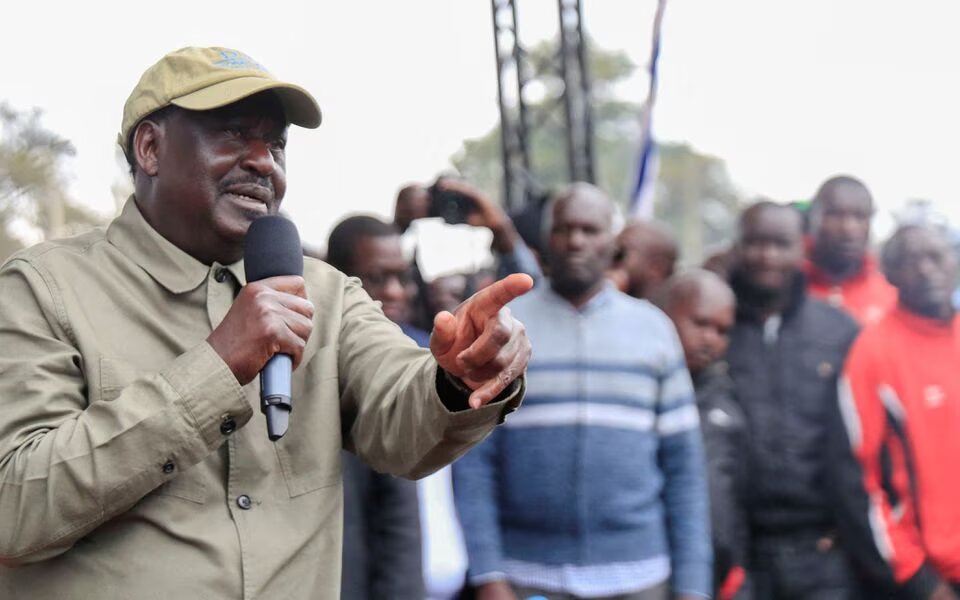In a nation-wide dissent against escalating tax hikes, protesters in Kenya were met with tear gas and police confrontations on Friday. Major towns across the country were rocked with turmoil as opposition supporters clashed with law enforcement.
Opposition leader Raila Odinga orchestrated the protests in response to the government’s imposition of higher taxes amidst a backdrop of escalating costs for essential items like maize flour. This comes at a time when many Kenyan citizens are grappling with elevated living costs.
Despite the Kenyan High Court’s directive to pause the tax increases, the government went ahead with raising petrol prices, a move that has incited further legal challenges.
According to a conglomerate of human rights organisations, including Article 19, the authorities detained 17 protesters in Nairobi, the country’s capital. A further 11 activists were arrested in other towns. The human rights coalition demanded an investigation into the police’s handling of the demonstrations, citing instances of protesters being forcibly dragged.
At present, no official statement has been released by the police regarding these events.
The government justifies the tax hikes, projecting an additional annual revenue of 200 billion shillings ($1.42 billion), as a necessity to meet burgeoning debt repayments and to fund job creation initiatives in Kenya, the largest economy in East Africa.
Addressing a crowd of approximately 2,000 supporters, Odinga lambasted President William Ruto for his failure to tackle the high cost of living and for allegedly poaching opposition parliamentarians. The opposition leader accused Ruto of unilateral manoeuvres to restructure the election commission, criticising his disregard of previous promises, and necessitating a movement for people to reclaim their authority.
Odinga and Ruto, who secured victory in a close election last August, have repeatedly been at loggerheads over issues centring on the elevated cost of living and future election management.
Analyst Fergus Kell from the London-based Chatham House, noted that Ruto’s predicament was due to a combination of past loans, a difficult global economy, and his own actions. He suggested that Odinga was capitalising on the situation but lacked a clear alternative agenda.
The Kenyan High Court halted the execution of the financial law last week, but the government persisted with an increase in retail petrol prices. This led the opposition senator who filed the case to seek imprisonment of the energy sector regulator head for contempt. The court will deliberate on the contempt application and provide additional guidance on the primary lawsuit on Monday.
During the main protest in Nairobi, demonstrators brandished loud horns and whistles, danced, and voiced their fatigue and dissatisfaction with chants of “tumechoka!” – Swahili for ‘we are tired’ – and “Ruto must go!” They also warned, “No Raila, no peace.” Protesters blocked roads with flaming tyres and threw stones at police officers.
Odinga’s convoy spent two hours attempting to reach the central business district in Nairobi through various routes, but their progress was thwarted by police tear gas. Television reports highlighted law enforcement utilising tear gas to scatter demonstrators in the port city of Mombasa, the western city of Kisumu, and the western town of Kisii.




